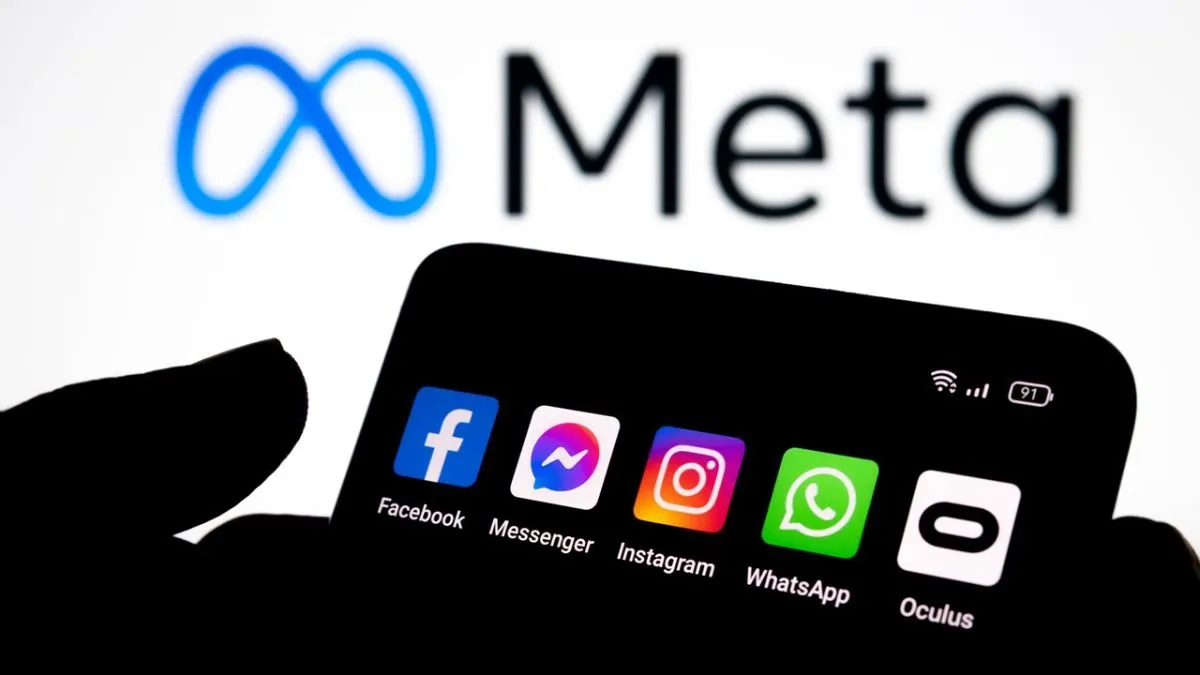Privacy Premium: Facebook is Instagram paid versions
In a surprising revelation to the New York Times, anonymous sources at Meta Platforms, Inc. have suggested that the tech giant is considering launching paid versions of Facebook and Instagram. However, there is one detail: this move is specifically aimed at users in the European Union. While no official announcement has been made, this news is making waves in the tech community. Could it be that Meta is finally ready to offer an ad-free user experience in exchange for a monthly subscription fee?
A Radical Change in the Business Model
The simple idea of Facebook and Instagram without advertising signals a drastic change in Meta's business model in Europe. This change is seen as a response to the EU's increasingly stringent regulatory environment regarding big tech companies. In particular, the General Data Protection Regulation (GDPR) has had a significant impact on Meta's main source of revenue: data-driven targeted advertising. With GDPR tightening its grip, Meta had no choice but to rethink its strategy in the EU, where stringent regulations have led to substantial fines and lawsuits against the company.
Europe's War Against Big Tech
The European Union has taken an aggressive stance against the invasion of user privacy by tech giants like Meta. Legal action was frequent and severe. Earlier this year, the EU fined Meta a staggering €390 million for forcing users to accept personalized ads. A month later, a further fine of 1.2 billion euros was imposed. With this backdrop, it is no surprise that Meta is seeking alternative revenue streams and more compliant business practices within the EU.
The Digital Service Act: A Turning Point
The introduction of the Digital Service Act (DSA) has further complicated things for Meta and other tech giants. This set of laws aims to provide greater transparency and safer online spaces for EU citizens. It will come into force on February 17, 2024, but its implications are already being felt. It requires risk assessment reports from large platforms and requires them to shed light on their content moderation practices. It also directly affected Meta's advertising capabilities, limiting personalized ads aimed at teenagers between 13 and 17 years old.
Strategic Implications for Meta
Industry insiders believe that the introduction of a paid version is a strategic move to relieve regulatory pressure. By offering users an ad-free option, Meta can claim that data collection is consensual for those who opt for the free version. This approach would protect Meta's market in Europe, which boasts 450 million users and significant contributions to revenue.
Existing Subscription Models and Market Reception
It's worth noting that Meta already offers a paid subscription plan, Meta Verified, priced between 13.99 and 16.99 euros per month. However, this does not remove the ads but instead offers account verification. Will users be willing to pay for ad-free versions of Facebook and Instagram? The answer may not even be that relevant to Meta in strategic terms. The market response may be lukewarm initially, but could evolve depending on broader market trends.
Privacy Premium: Facebook and Instagram paid versions
The final question that arises is what happens to the ads that paying users won't see? The simple answer is that non-paying users will bear the brunt of increased advertising. This decision to introduce paid versions could be a clue to the future, where online platforms offer different experiences based on what users are willing to pay.
In summary, Meta's possible decision to offer ad-free versions of Facebook and Instagram to EU users is not just a business move. It's a complex dance with regulation, market trends and the evolving expectations of an increasingly privacy-conscious user base.









